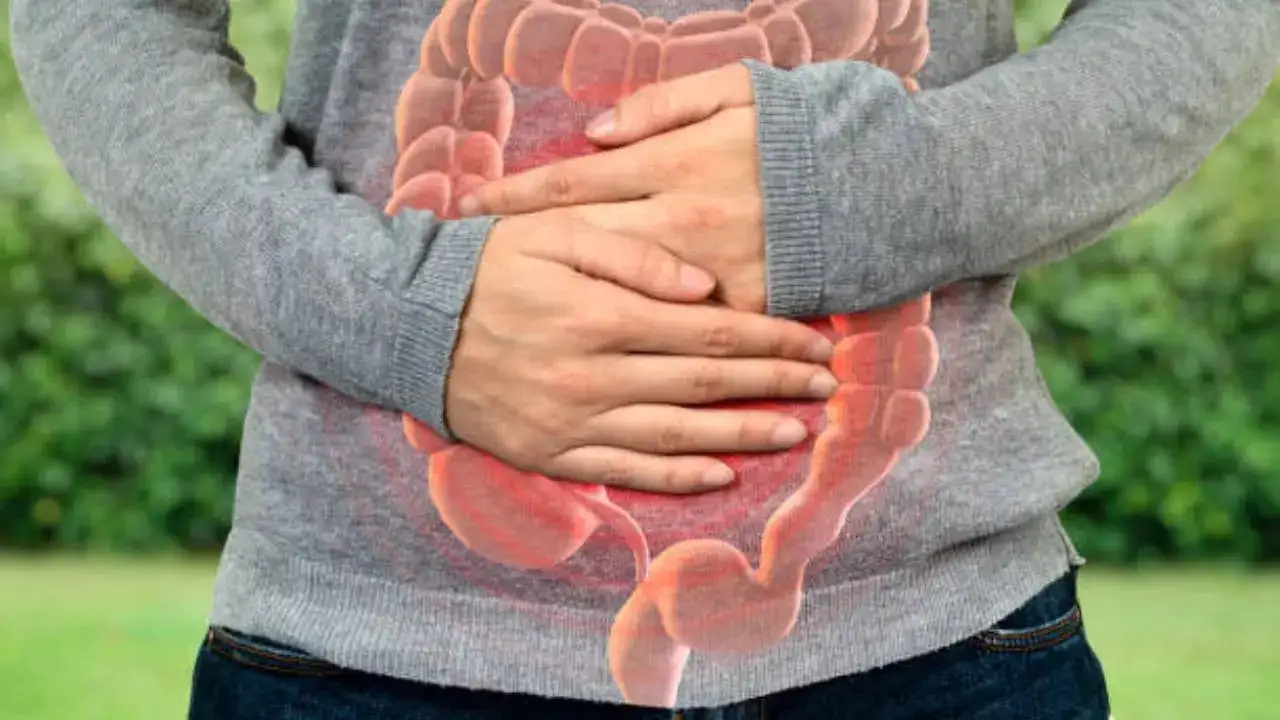
postbiotics are extremely beneficial compounds that are produced when probiotics break down in the gut
While prebiotics and probiotics are important for your gut, postbiotics have emerged as another group of beneficial compounds that do wonders for your overall health. According to experts, postbiotics are linked to benefits for your immune system as well.
What are postbiotics?
Postbiotics are health-boosting compounds that are made when probiotic bacteria break down fibre in your gut. Early research shows postbiotics may support digestion, metabolism, and immune function, among other potential health benefits.
Doctors say that when you compare postbiotics and probiotics, postbiotics have similar benefits, but they do not require the consumption of live bacteria. A few common examples of postbiotics include:
- Amino acids
- Antimicrobial peptides
- Enzymes
- Organic acids like lactic acid
- Short-chain fatty acids like butyrate, propionate, and acetate
-
Vitamins, especially B vitamins and vitamin K
How do postbiotics benefit your health?
According to doctors, postbiotics are extremely beneficial compounds that are produced when probiotics break down in the gut. A few health benefits of postbiotics include:
Support gut health
Postbiotics include butyrate, an SCFA that maintains and strengthens your intestinal lining, essential for overall gut health. Experts say postbiotics fuel the cells that line your colon and reinforce the integrity of the intestinal barrier. According to experts, a strong barrier can prevent harmful substances from leaking into the bloodstream – a process also referred to as “leaky gut”, thereby regulating inflammation throughout the body.
Improves metabolic health
According to studies, postbiotics regulate blood sugar and lipid levels, all of which can help improve insulin sensitivity and your metabolic health in the long run. A few postbiotic compounds impact appetite by regulating hormones and fat metabolism, thereby reducing weight and managing obesity.
Strengthen immune health
Research suggests postbiotics have a major role to play in immune modulation. Unlike live probiotics, which need to survive in your gut to be effective, postbiotics act on immune cells directly.
These are highly beneficial for those undergoing cancer treatment, like chemotherapy, or dealing with autoimmune diseases, where a more predictable immune response is important. Postbiotics also help keep harmful microbes and pathogens away, slowing or eliminating disease-causing bacteria and viruses. A few postbiotics boost the production of mucins—protective substances that coat your gut lining.
Prevent diarrhoea
According to experts, postbiotics can also help prevent and treat diarrhoea – one of the most debilitating conditions across the world. Studies say children who supplement with postbiotics significantly reduce the duration of diarrhoea and its symptoms, like bowel motion frequency, bloating, and pain.
Eliminate allergies
Studies suggest that those battling atopic dermatitis or eczema can supplement with a postbiotic for 8–12 weeks, as it can significantly reduce the severity of the condition.
Eczema is a chronic skin condition characterised by inflammation, redness, and intense itching and often manifests as dry, cracked, and bumpy skin, with flare-ups causing oozing and crusting.
How can you increase postbiotics through your diet?
You can support postbiotic production through a combination of diet and supplements. Some examples of postbiotic foods include:
-
Fermented dairy: aged cheeses, kefir, yogurt
- Fermented vegetables: kimchi, pickles, sauerkraut
-
Sourdough bread contains lactic acid and postbiotics from fermentation
Eating a fibre-loaded diet, which includes fruits, vegetables, legumes, and whole grains, can feed the probiotic bacteria in your gut. These bacteria, in turn, produce more postbiotics. The more diverse your diet, the more beneficial by-products your gut can create.
